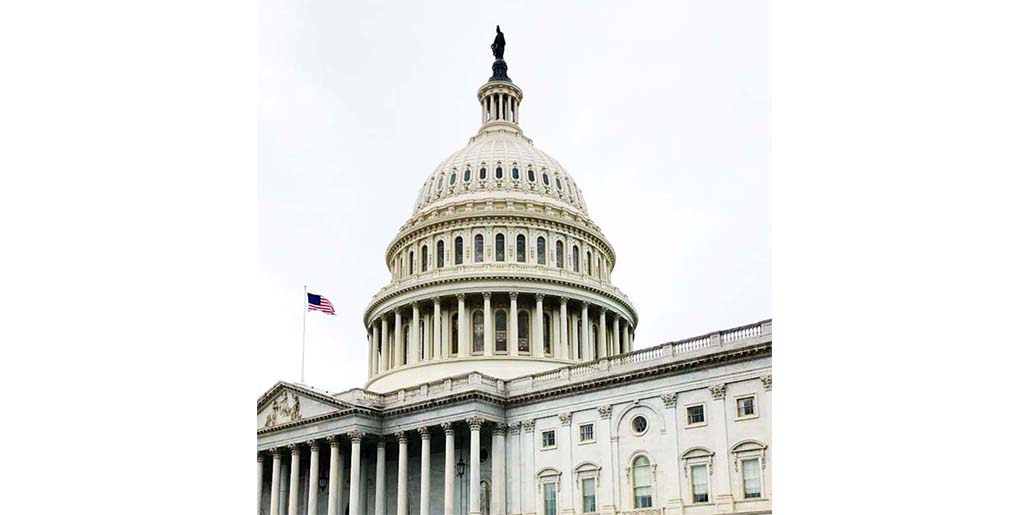A Voice for Cancer Survivors in the PDUFA Stakeholder Meetings
In 1992, Congress passed the first Prescription Drug User Fee Act (PDUFA), a law that allows the Food and Drug Administration (FDA) to collect fees from drug companies that apply to the FDA for approval to market their drugs for specific medical conditions, e.g., a chemotherapy drug for ALK-positive lung cancer. All drugs that treat a medical condition must be reviewed for their safety and efficacy by the FDA before it can be marketed and sold in the United States, so the drug-approval process has many stakeholders, including cancer survivors.
Before PDUFA, companies’ applications for approval often encountered delays, partly because the FDA did not have sufficient staff and resources to go through the applications in a timely manner. PDUFA changed this by giving the FDA more resources in the form of user fees, resources that are targeted to the drug-approval process. Since PDUFA was first passed, Congress has passed other user fee legislation: the Medical Device User Fee Amendments (MDUFA), the Generic Drug User Fee Amendments of 2012 (GDUFA), and the Biosimilar User Fee Act (BsUFA).
Every five years, PDUFA, along with the other user fee laws, must be renewed. Representatives of each industry (e.g., drug, device) negotiate with representatives of the FDA on changes in the approval process. These changes in the FDA approval process make sense as science and technology evolve. Changes can also make the process more efficient, for example, allowing more frequent communication between the FDA and drug sponsors.
During negotiations with industry, the FDA also holds regular meetings with other stakeholders, and NCCS has participated in both the PDUFA Public Stakeholder Meetings and the MDUFA Patient and Consumer Meetings to be a voice for cancer survivors. At the December 2015 PDUFA meeting, NCCS presented its thoughts on the PDUFA VI negotiation package and made the key point that patients must be at the heart of drug development. As an organization that advocates for shared decision-making, NCCS wants physicians and survivors to have sufficient information to help them decide what treatment is best for each individual. In its presentation to the FDA, NCCS noted that properly collected and analyzed patient-reported outcomes (PROs), a subject of increased focus in PDUFA VI, can be immensely helpful to patients in shared decision-making.
While the MDUFA meetings continue, the PDUFA meetings ended earlier this year. Recently NCCS submitted its comments on the PDUFA process (see letter below) in which we noted the FDA’s interest in gathering real world evidence (RWE) to use in regulatory decision-making collecting. In our comments, NCCS encouraged the FDA to engage systematically and from the beginning patients and consumers in these discussions on RWE, which does have tremendous potential to help to evaluate a product’s safety and efficacy. We reiterated our points on the potential benefits of PROs that are properly collected and analyzed.
The final PDUFA package is expected to be released in the fall and will be open for comments again. We will continue to follow the process for the impact on cancer survivors until the renewal legislation is signed into law.
Read the full letter below:




